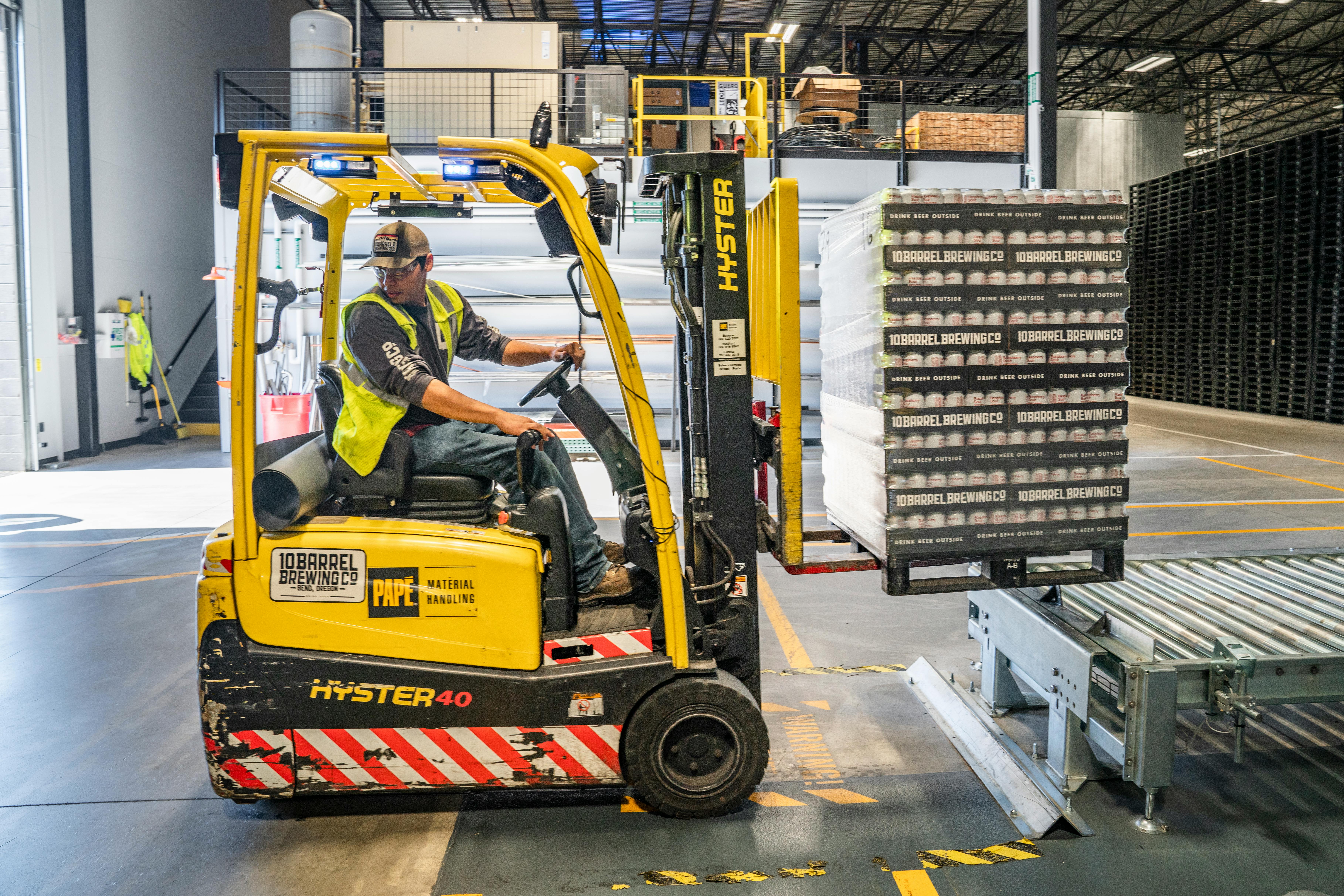Warehouses are the backbone of global logistics, ensuring that products move seamlessly from manufacturers to consumers. At the heart of these operations are warehouse workers, who perform essential tasks to keep everything organized, efficient, and on schedule. But what exactly do warehouse workers do on a daily basis? This guide covers all their roles, responsibilities, and required skills to give you a complete picture.
Understanding the Role of a Warehouse Worker
A warehouse worker is responsible for managing the storage, movement, and shipping of goods. They handle inventory, operate equipment, prepare orders, and ensure that everything in the warehouse runs smoothly. In 2025, with the rise of e-commerce and rapid delivery expectations, the role of warehouse workers has become more crucial than ever.
Core tasks include:
- Receiving and inspecting incoming shipments.
- Organizing and storing goods in designated areas.
- Picking, packing, and preparing items for delivery.
- Operating forklifts, pallet jacks, and conveyor belts.
- Maintaining accurate inventory records.
- Performing quality checks on products.
- Ensuring workplace safety and cleanliness.
Day-to-Day Duties of Warehouse Workers
Warehouse workers wear many hats throughout the day. Their tasks often involve physical labor, attention to detail, and coordination with other departments.
1. Receiving Goods
When new shipments arrive, warehouse workers unload trucks, inspect the goods for damage, and compare them with purchase orders to ensure accuracy. They also label items and log them into the warehouse management system (WMS).
2. Inventory Management
Warehouse workers track stock levels, organize products, and perform cycle counts to prevent discrepancies. A well-maintained inventory system helps avoid delays and ensures products are always available.
3. Picking and Packing
Workers pick items from shelves according to customer orders, pack them securely, and prepare them for shipping. This is one of the most critical tasks because accuracy directly affects customer satisfaction.
4. Operating Equipment
Many warehouses use equipment like forklifts, pallet jacks, and conveyor systems. Workers must be trained to operate these safely and efficiently.
5. Shipping and Loading
Once orders are packed, warehouse workers load them onto trucks or containers, ensuring that items are handled properly to avoid damage during transit.
6. Quality Control
Warehouse staff inspect products for defects and verify that shipments meet company standards. Any damaged or incorrect items are reported and returned.
Skills Required for Warehouse Workers
To succeed in this role, a warehouse worker needs:
- Physical stamina: Ability to lift heavy items and stand for long periods.
- Attention to detail: Ensuring correct labeling, packing, and order fulfillment.
- Teamwork and communication: Coordinating with other staff and supervisors.
- Technical knowledge: Familiarity with inventory software and scanners.
- Safety awareness: Knowledge of proper lifting techniques and OSHA safety standards.
The Importance of Warehouse Workers in Logistics
Without warehouse workers, supply chains would collapse. They ensure:
- Timely fulfillment of customer orders.
- Accurate inventory tracking.
- Smooth coordination between suppliers, carriers, and retailers.
- Efficient use of storage space and equipment.
Career Path and Growth Opportunities
Entry-level warehouse workers can advance into roles such as:
- Warehouse supervisor or team leader.
- Inventory control specialist.
- Logistics coordinator.
- Forklift operator trainer.
- Warehouse manager.
Some workers also transition into logistics planning, procurement, or e-commerce fulfillment roles as they gain experience.
Warehouse operations connect people and facilities. To better understand the facilities side, explore what a distribution warehouse is. Then, if you’re budgeting for your own facility, review our detailed guide on how much a warehouse costs before making decisions.
Conclusion
So, what do warehouse workers do? They are the unsung heroes of logistics, ensuring that goods are stored, picked, packed, and shipped correctly and on time. Their role requires a mix of physical effort, attention to detail, and teamwork. As online shopping continues to grow, warehouse workers will remain vital to global commerce.
Frequently Asked Questions (FAQ)
1. What are the main responsibilities of a warehouse worker?
A warehouse worker receives, organizes, and ships goods while ensuring accurate inventory and safe handling of products.
2. Do warehouse workers operate heavy machinery?
Yes, many operate forklifts, pallet jacks, and conveyor systems after receiving proper training and certification.
3. Is working in a warehouse physically demanding?
Yes, the job often involves lifting heavy items, standing for long hours, and working in fast-paced environments.
4. What skills are most important for warehouse workers?
Attention to detail, teamwork, time management, and familiarity with inventory systems are crucial skills.
5. Can warehouse work lead to career advancement?
Absolutely. With experience, workers can move into supervisory roles, inventory management, or even warehouse operations leadership.
For more warehouse leasing tips, market updates, and behind-the-scenes insights, follow us on Facebook and Instagram.

